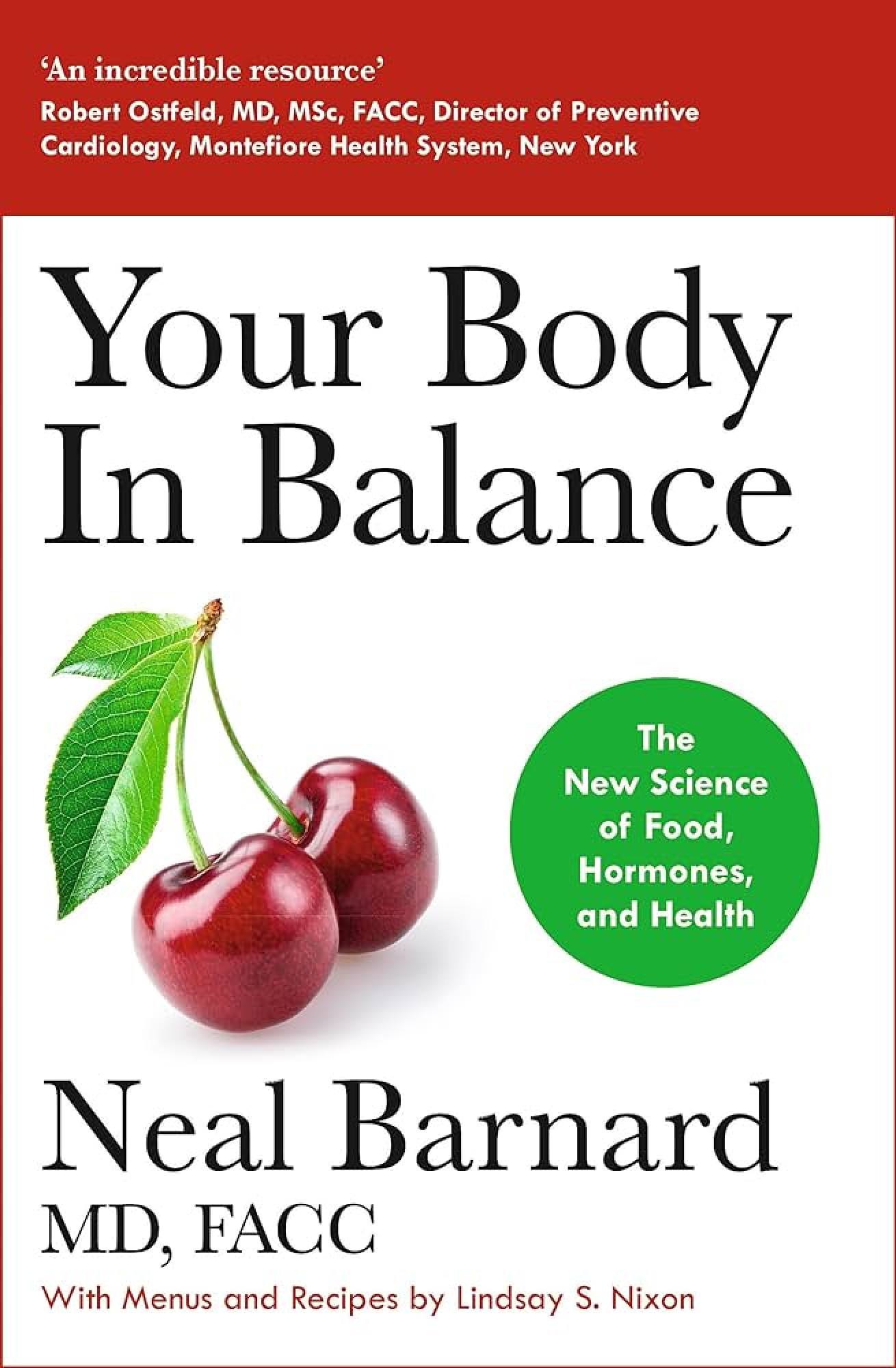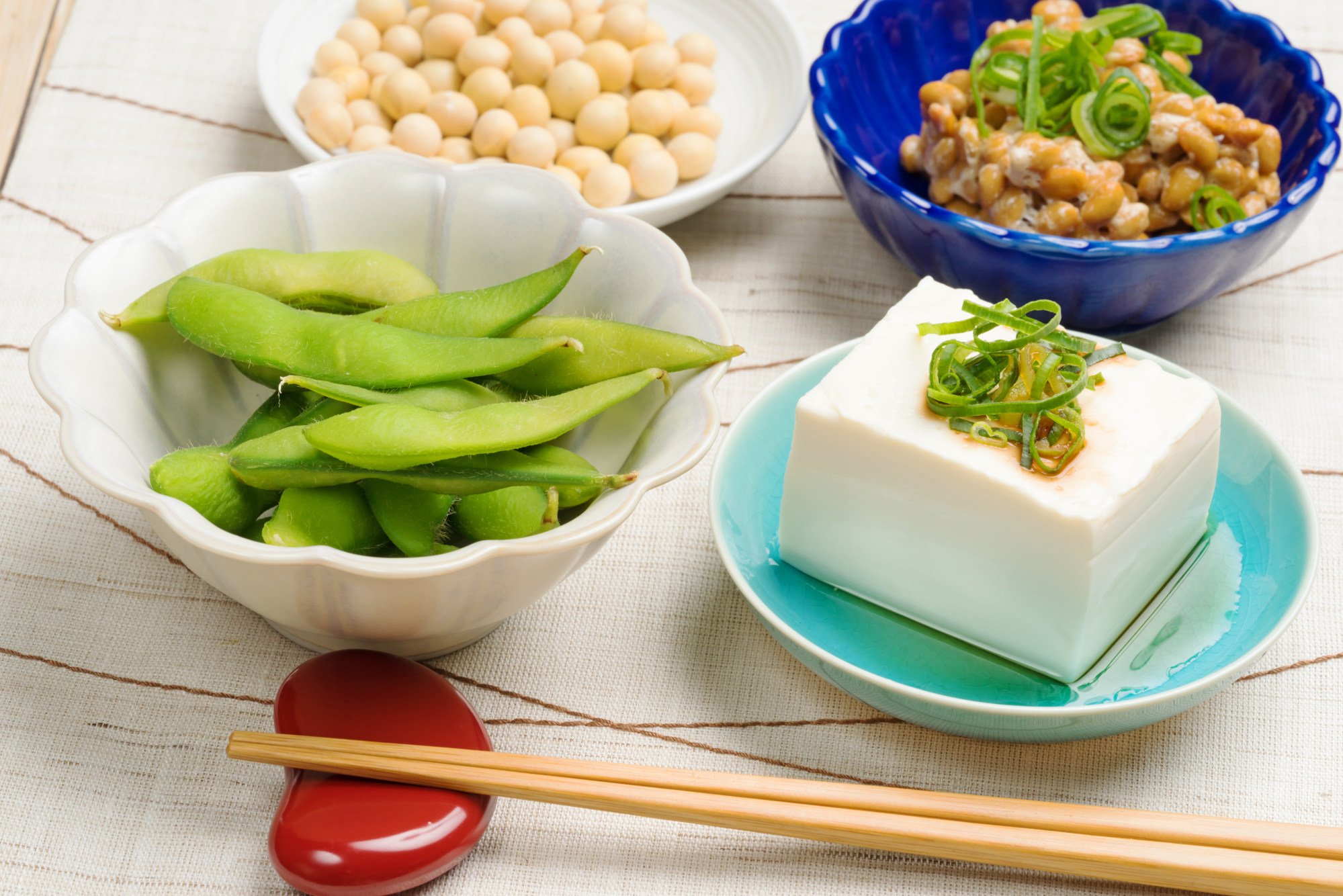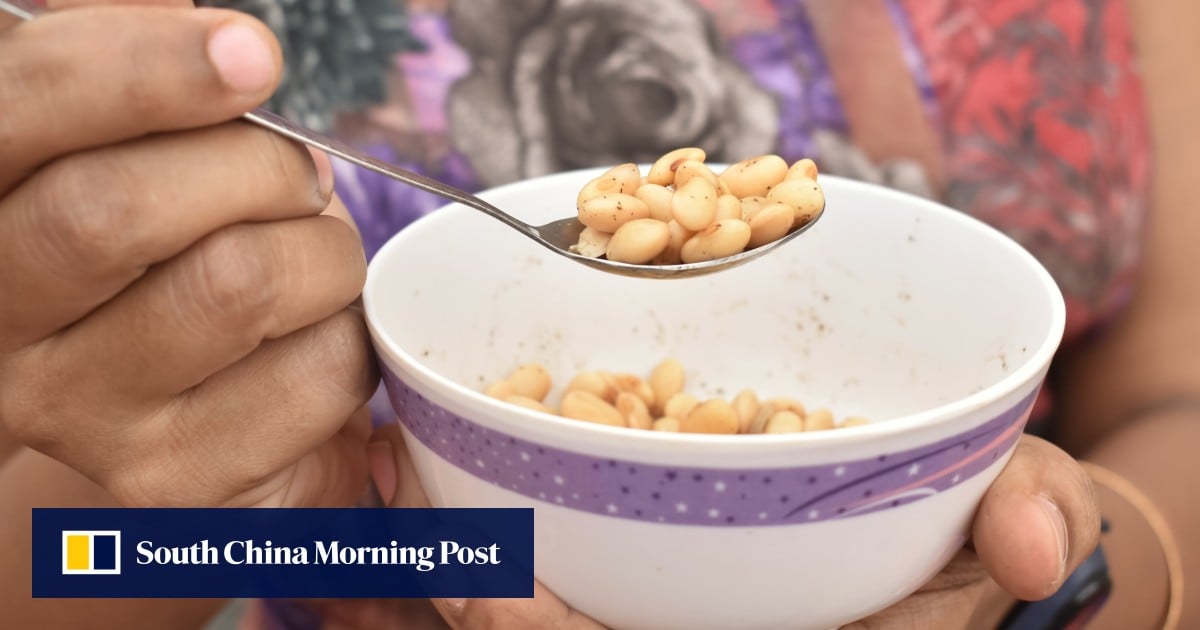After 12 weeks, half of the women on the diet reported no moderate or severe hot flushes at all, according to the study by George Washington University School of Medicine in Washington. The results were published in the medical journal Menopause.

The women on the diet lost an average of 3.6kg (8lb) over the 12 weeks; those in the control group lost an average of 0.2kg.
Previous studies have shown that in Japan and other countries whose traditional diets are mainly based on plant-derived food such as rice, soybeans, and vegetables, hot flushes were rare.
But they became much more common when the diet was Westernised, with increasing consumption of dairy products and meat.

Barnard set out to investigate a vegan diet’s impact on hot flushes after being contacted by a woman who had read his book Your Body in Balance, which explores the impact of diet on hormones and health.
“She said the approach in the book cured her hot flushes within a matter of days. That was actually a stronger effect than I had promised in the book, so I asked her how she had implemented the diet,” he says.
She had used a purely vegan diet, minimised oils, and added a half-cup of mature soybeans daily.
I got my quality of life back. I’m no longer dealing with the hot flushes hat were debilitating at one point. I’m more present with my four kids and my overall mental state is better
Barnard and his team put exactly this version of the diet to the test in a randomised trial of 84 women who reported at least two moderate to severe hot flushes a day.
Half the women were put on a low-fat, vegan diet with half a cup of soybeans daily while the control group made no dietary changes. The women then recorded the frequency and severity of their hot flushes.
Study participant Sherri said the diet was a “lifesaver”.

“I got my quality of life back. I’m no longer dealing with the hot flushes that were debilitating at one point. I’m more present with my four kids and my overall mental state is better because I’m feeling good.”
“Before jumping to any medication, I would try this route because it is easy, it’s simple and has immediate results,” she added.
Barnard said the combination of a low-fat, plant-based diet with daily soybeans had the biggest impact on reducing hot flushes. This meant avoiding oily foods such as nuts, avocados, and vegetable oils.

“A vegan diet alone does not do a lot for hot flushes. Soybeans and soy extracts alone are not dramatically effective, either. But surprisingly enough, the combination of a vegan diet, reducing intake of fats and oils, and adding half a cup of cooked soybeans daily led to a dramatic reduction in hot flushes,” he said.
“We do not know exactly why but avoiding oily foods seemed to help, too. All three pieces seem to be important.”

For study participant Marta there is no turning back.
“My hot flushes were very severe before the study. I had them almost every hour on the hour, and during nighttime I had night sweats. After starting my diet, I felt a lot more healthy and energetic. I was sleeping better at night and my hot flushes had diminished tremendously.
“I enjoy eating this diet and won’t go back to my American diet because I feel my hot flushes are now under control.”

